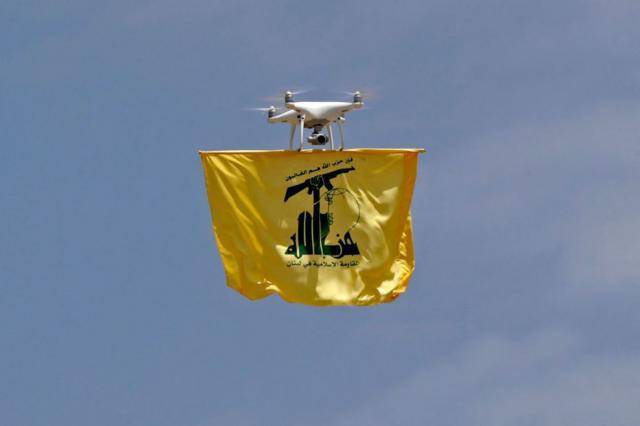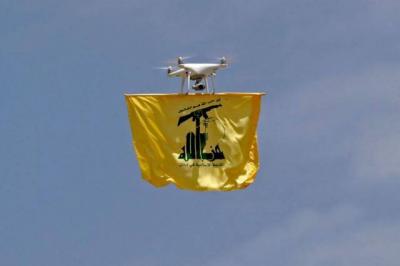An Israeli newspaper, "Maariv," published a new report stating that "Iran is at a significant crossroads following the deadly incident that claimed the lives of its president, Ibrahim Raisi, and foreign minister, Hussein Amir Abdollahian." The report suggested that "this event could shake the political system in the country and open the door for major changes in the balance of power among competing political groups in Iran."
In this context, Israeli researcher Amitzia Baram noted that there are three main blocs in Iran: the reformist bloc, which previously called for political and social reforms and has significantly weakened since the term of its prominent representative, the former Iranian president Hassan Rouhani, came to an end. Baram pointed out that the influence of this bloc now appears to be limited, and its members find it challenging to affect the country's directions.
He added: "The second bloc is considered extremist and is led by the Supreme Leader of Iran, Ali Khamenei. It holds significant positions of power and plays a major role in determining Iran's domestic and foreign policy. As for the third bloc, it includes entities that support nuclear military mobilization and causing severe damage to Israel."
Baram highlighted that "Hezbollah in Lebanon has lost two strong allies, Raisi and Abdollahian," stating, "This may contribute to weakening its influence and lead to a change in the balance of power in Iran." He continued: "Despite Abdollahian's extreme positions, he managed to reconcile with moderate Arab countries and Gulf states such as Saudi Arabia. Nevertheless, Abdollahian successfully strengthened international relations, particularly with Russia and China, which raised concerns in Israel."
Baram observed that Raisi and Abdollahian were not "willing to allow Hezbollah to reach a ceasefire with Israel that would include a permanent settlement and withdrawal from the borders with Israel," adding: "There was significant pressure on Khamenei in this regard, but it is now weakening. Therefore, there could be greater opportunities for a potential settlement with Hezbollah."




